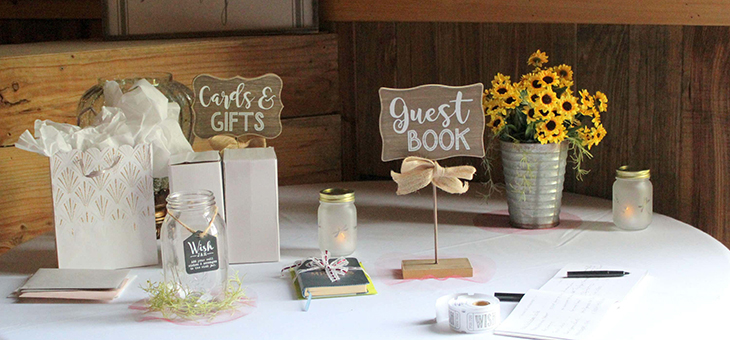Weddings are often a celebration of love and unity, but for one woman, an upcoming nuptial event has become a source of disappointment and a potential rift in a friendship. As a member of the bridal party, she was taken aback to discover that she was the only one not allowed to bring a plus one to the wedding. The reason behind this exclusion? It’s a question that has led to speculation and unease.
The woman, who has been in a relationship with her girlfriend for two years, was looking forward to attending the wedding as the informal ‘maid of honour’. However, when the formal invitation arrived without a plus one for her, she reached out to the bride for clarification. Initially, the bride seemed open to the idea but mentioned she needed to check with the groom. Despite offering to cover any additional costs, the couple later declined her request, citing that they had already said no to other guests.
You May Like
The situation became more perplexing when the woman learned that other bridal party members’ partners were invited, despite having met the bride and groom fewer times than her own girlfriend had. This inconsistency raised suspicions about the true motive behind the decision. The woman’s subtle enquiries and the bride’s hesitant offer of an informal invite to an ‘after party’ only added to the confusion and hurt feelings.
The woman’s family members, upon hearing the story, suggested that the couple’s reluctance might stem from the fact that she and her girlfriend are the only queer couple in the main wedding party. This theory was echoed on social media, where users overwhelmingly sensed an undercurrent of homophobia in the couple’s actions. Comments ranged from direct accusations of discrimination to suggestions that either the bride or groom, or both, might be uncomfortable with same-sex relationships.
The advice from the online community was clear and resolute: stand up for your relationship and don’t support a couple who doesn’t support you. One commenter, identifying as a lesbian, shared her personal policy of not attending events where her partner isn’t welcome, emphasising the importance of not compromising one’s dignity and self-respect.
What are your thoughts on inclusivity in social events like weddings? Share your experiences and join the conversation in the comments below!
Also read: 2025 wedding trends: What’s in, what’s out, and what’s totally new!

